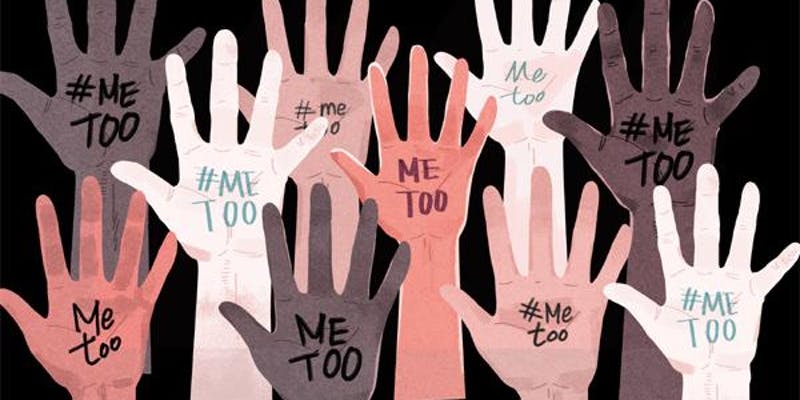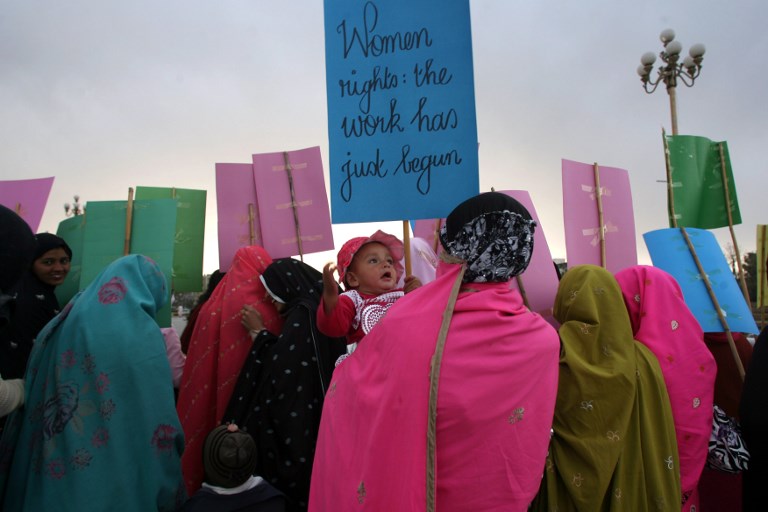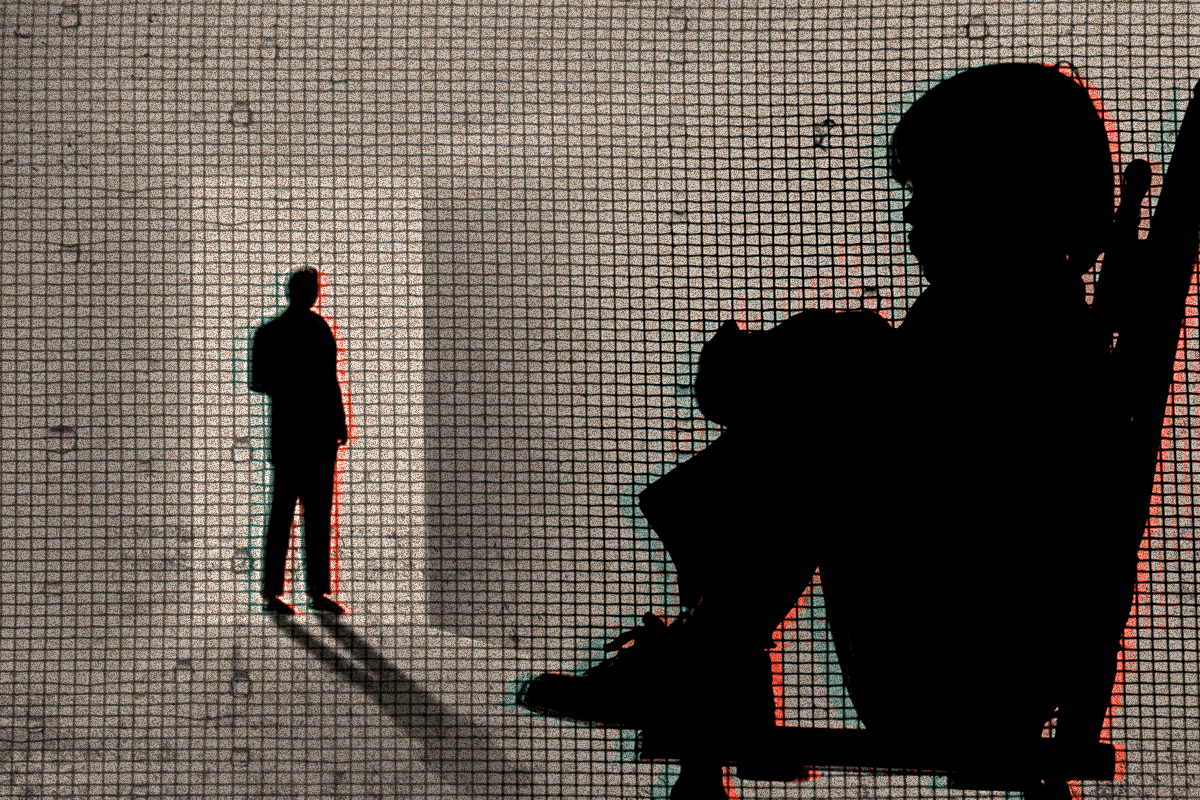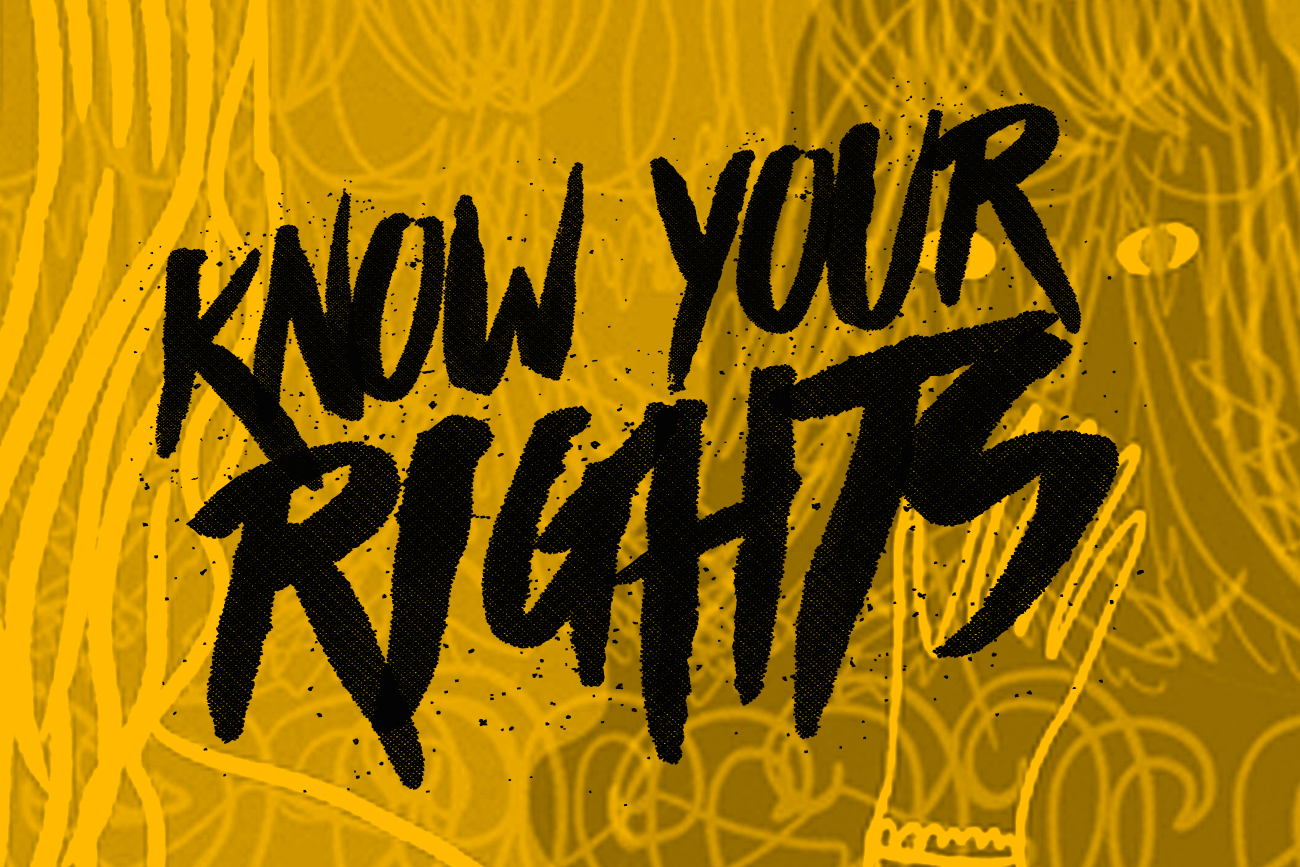KARACHI: For eons, women have been silenced into submission in cases of harassment, in order to avoid shame and dishonour for themselves and people around them. Since the shame allows the culprit to get away with their crime, without any accountability, the crime stands encouraged. Harassment is an issue that has been less of deviance than it is considered a crime. It is in fact more common to see a victim being shamed more for speaking out than a culprit called out for harassing or raping someone. A forceful movement against this misogynistic outlook towards harassment has been tackled by the #Metoomovement, which enables victims to come forward with their stories and realize they’re not alone in this. Joining the league recently is Kuwait, which has launched its own #Metoo movement.
View this post on Instagram
“Lan Asket” that translates to “I will not be silent” has taken over social media by storm. For this #MeToo movement, women from Kuwait are coming forward with their experiences with harassment, defying cultural norms and the “shame” culture that silences them into repression. Sparkled by a popular fashion blogger, the movement has encouraged numerous stories of harassment, stalking, physical assault to emerge. These stories are being shared on a rapidly growing Instagram account – @lan.asket.
View this post on Instagram
Kuwaiti fashion blogger Ascia Al Faraj, who has a following of more than 2.5 million on her social media, uploaded a video stating that there is a “problem” in the country. “Every time I go out, there is someone who harasses me or harasses another woman in the street,” she vented out in a video emotionally talking about how a vehicle sped past her to scare her as she was walking towards her car. “Do you have no shame? We have a problem of harassment in this country, and I have had enough.”
View this post on Instagram
The blogger’s video caused a more widespread movement in Kuwait in comparison to the #MeToo campaign that stemmed in the US in 2017. According to Kuwait Times, Radio and TV shows have started hosting activists, lawyers, and academics to discuss the issue of harassment, and the US embassy in Kuwait has also extended its support to the movement through a tweet. “A campaign worth supporting. We can all do more to prevent harassment against women, whether in the US or in Kuwait. #Lan_asket.”
The embassy has also come forward with a simple yet striking illustration that explains the campaign. It comprises three women; one with a headscarf, one without her hair covered, and another with a niqaab (face covering). The image bears the clear message: “Don’t harass her.”
View this post on Instagram
While there may be a long way to go, with countries with the highest harassment cases being the first ones to deny the importance of #MeToo, let’s hope we can cultivate a safer world for harassment victims globally by helping out, joining the movement, or simply by listening to their stories.

 Source: The International Security Sector Advisory Team (ISSAT) – Geneva Centre for Security Sector Governance
Source: The International Security Sector Advisory Team (ISSAT) – Geneva Centre for Security Sector Governance











